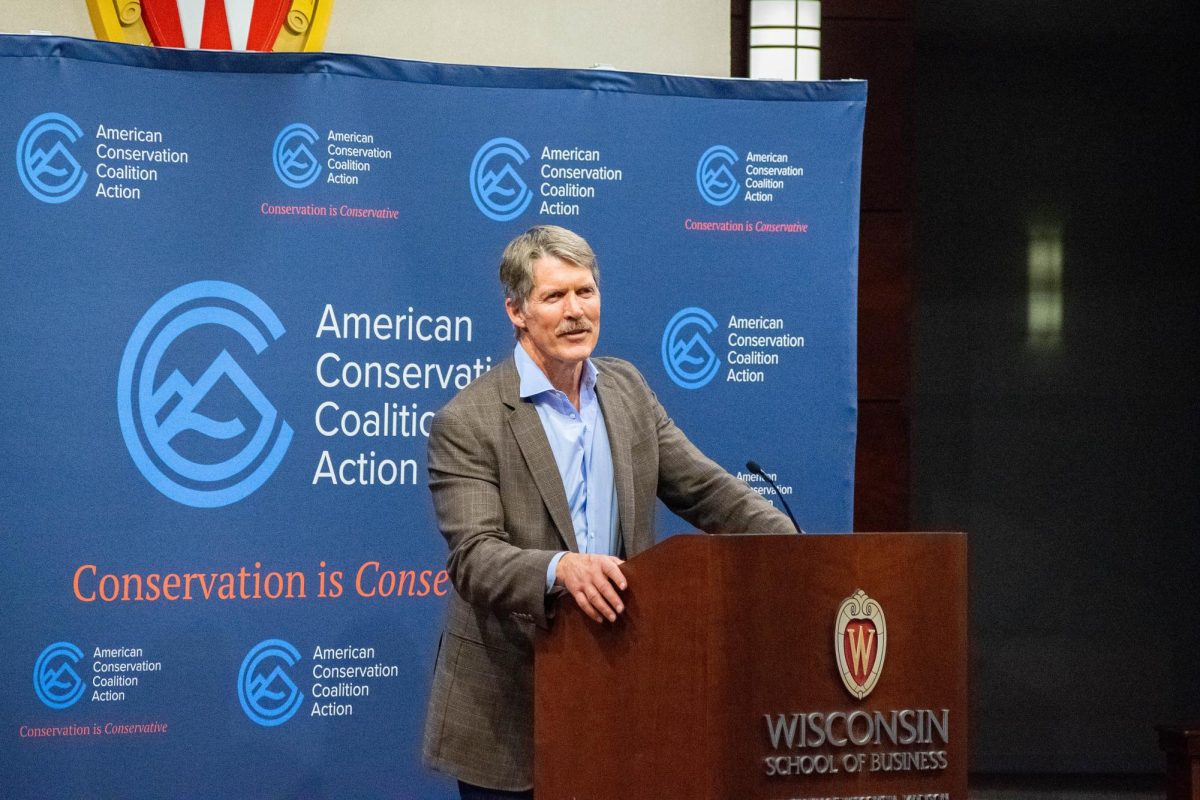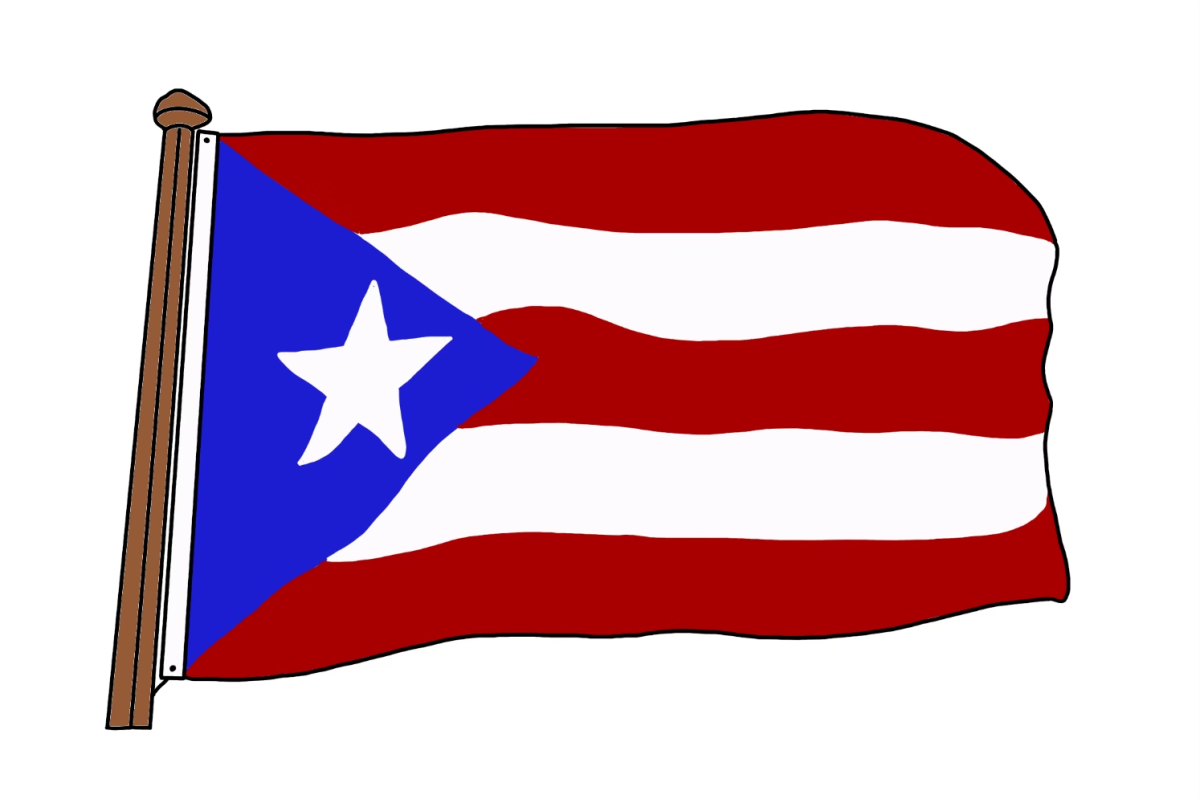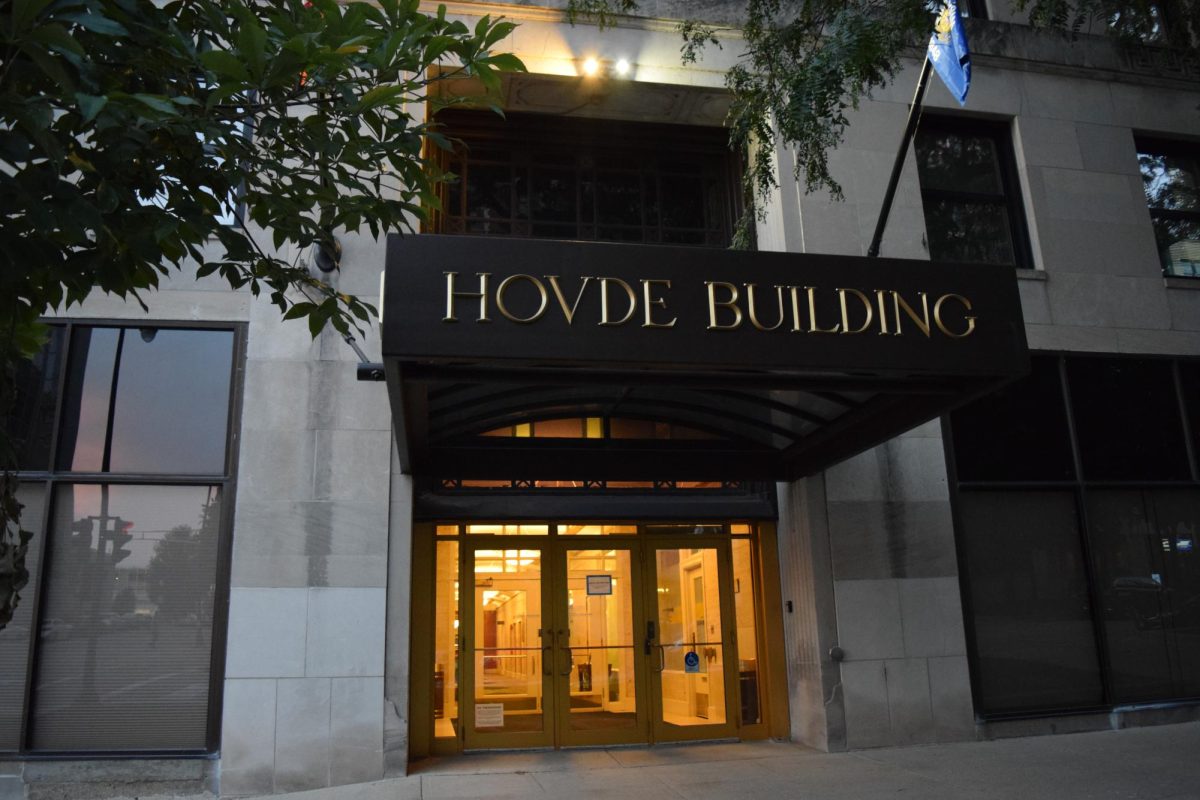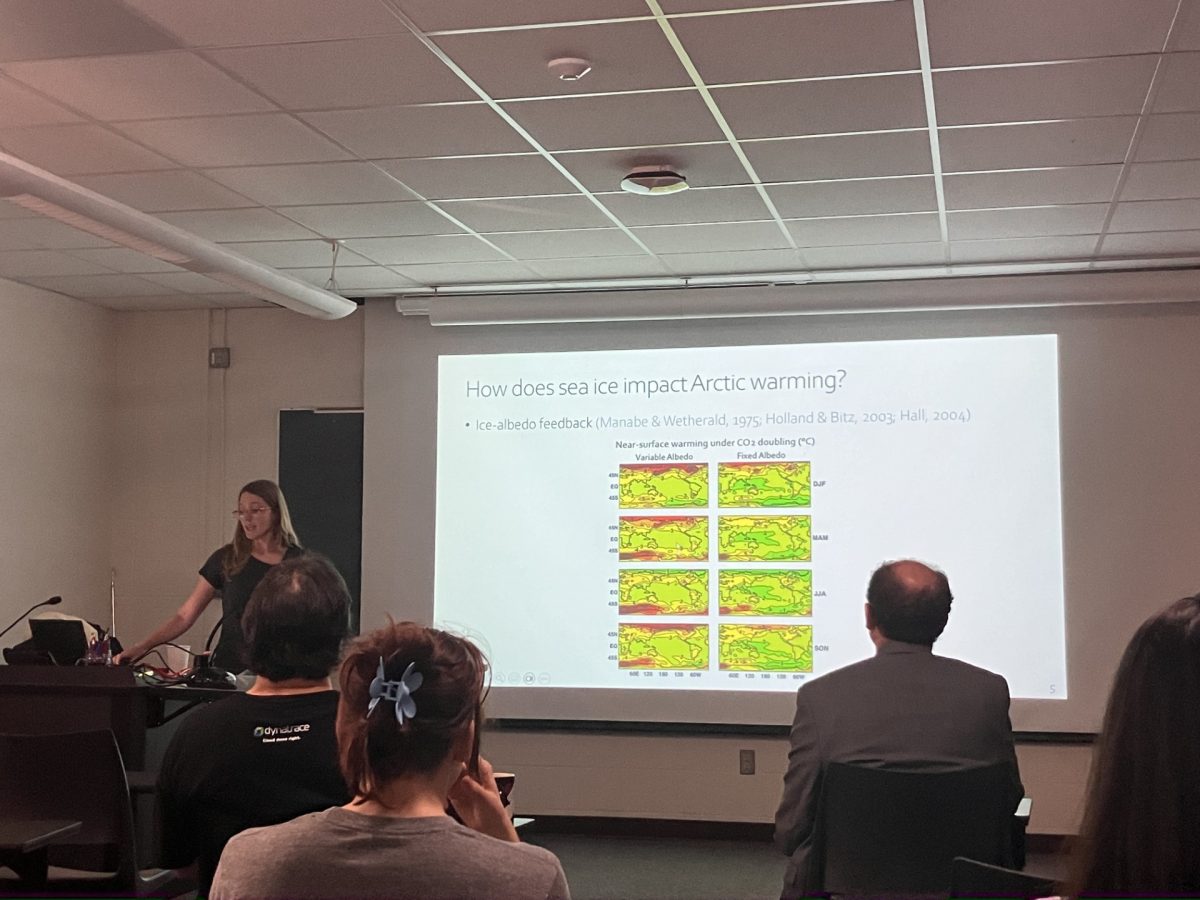WASHINGTON (REUTERS) — Two days of testimony before the commission investigating the Sept. 11 attacks has revealed that U.S. officials from President Bush down failed to respond adequately to growing signs that a terror strike was imminent in the summer of 2001.
Senior officials of both the Bush and Clinton administrations have faced tough questioning by commissioners, suggesting that the bipartisan body could issue an extremely critical report in late July.
For Clinton officials, that may affect the way historians judge their tenure. But it could be a much bigger problem for Bush, coming at the height of his re-election campaign.
This week’s testimony has made it much clearer that there was a wealth of intelligence available in the summer of 2001 indicating that a major terrorist attack was coming.
Commissioner Jamie Gorelick, a deputy attorney general under President Bill Clinton, said she read the intelligence briefings given to Bush before Sept. 11 and the information on the gathering threats “would set your hair on fire.”
But Richard Clarke, the head of counterintelligence under both Bush and Clinton, said he could not get the incoming Bush administration in 2001 to convene a top-level meeting to even discuss the threat.
Finally, Clarke wrote to national security adviser Condoleezza Rice asking her to imagine how she and others would feel if an attack did happen and killed hundreds of Americans. The letter was sent on Sept. 4 — one week before hijacked planes crashed into the World Trade Center and the Pentagon.
American University historian Allan Lichtman said the commission’s report in July would be all the more damaging if it is unanimous. “Much will depend on whether the commission divides along partisan lines or whether it remains unified in its conclusions,” he said.
Commission co-chairman Thomas Kean, a former Republican governor of New Jersey, clearly intends to try to present a united report, even in the pressure-cooker atmosphere of a presidential campaign.
“We have been meeting for over a year. We haven’t yet had a vote where five Democrats were on one side and five Republicans on the other,” Kean told Fox News.
“Does somebody make a partisan comment every now and then? Yes. Do I wish they wouldn’t? Yes. But I think at the end of the day these are 10 good Americans who are going to give the best report possible and hopefully make it unanimous so the American people can get the answers to all these questions.”
The Bush administration has been nervous about the commission all along but was forced to go along with it, largely because of pressure from family members of some of those who died in the Sept. 11 attacks.
Bush initially insisted he would answer questions for only one hour and then only from Kean and commission vice chairman Lee Hamilton, not the full commission. When Democratic presidential candidate John Kerry criticized that decision, the White House said Bush would give more time if necessary.
Republican political consultant Rick Davis said it was important for Bush and his aides and supporters to avoid getting into a dispute with the commission, however damaging its conclusions.
“They need to be able to work with whatever they say and not to become too defensive. Whatever happens, they need to avoid getting into name calling,” Davis said.
A commission report criticizing his administration for failing to anticipate the 2001 attack, despite ample warnings, could damage Bush, whose re-election campaign is leaning heavily on his record of “keeping the country safe.”







